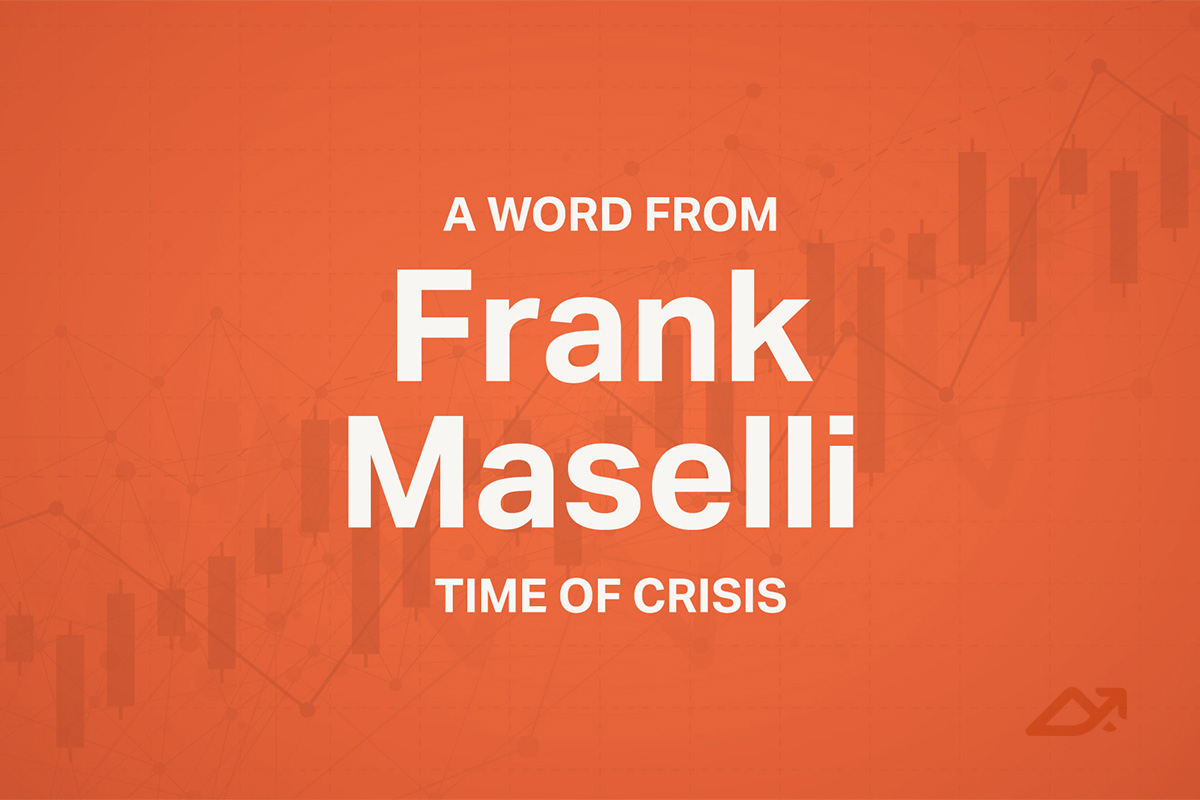The rules of financial advising are changing fast. For many firms, client trust isn’t just about strong returns anymore. It’s about standing out in a crowded, noisy market. If you’re not communicating clearly and delivering real value, you’re losing ground. Let’s talk about what’s holding most advisors back–and how to close the gap.
Clients want honesty and advice backed by real data. These are not just extra touches. They are the foundation for building loyalty and lasting client relationships. In a world full of noise, education is the way you stand out and earn real, lasting trust.
Why Client Expectations Have Changed
Inflation at 2.8%. Rates at 4.5%. These numbers are hitting every client’s wallet–and every advisor’s strategy. Even as the economy holds steady, investor anxiety is rising. Clients are more selective and less patient than ever. If you’re not answering their questions up front, you risk losing them to someone who will.
Even with the higher cost of borrowing, the US economy is holding up. Last year, GDP grew by nearly 2.9%, fueled by a strong service sector, low unemployment around 4%, and stable consumer spending. But global markets are still jumpy.
Any change in energy prices or policy can rattle investors and spark new worries. That means clients are more cautious and more selective. Managing their money is no longer enough. They need clear answers and reassurance that’s grounded in reality.
How Emotions Drive Investor Behavior
Worried clients? You’re not alone. Since 2020, volatility and bad headlines have become the norm. No wonder investors are jumpy. Most are glued to the news, ready to panic at the first sign of trouble.
This is where your steady hand matters most. In March 2025, money market funds hit a record $7 trillion. That shows people want safety, even as they look for growth.
More investors, including younger, tech-focused ones, are now reaching out to professionals for guidance, looking for someone who can keep them steady. Surveys from late 2024 found that 58% of investors were confident about the market’s near future, but as we saw in April, one negative headline can change everything fast.
Your role is crucial. When emotions run high, clients need you to help them avoid rash decisions and stay the course. You are not just guiding investments. You are helping people hold steady when panic tries to take over.
What Today’s Investors Really Want
Think a once-a-year review is enough? Think again. Clients now expect personalized, real-time updates. That’s especially the case when market swings threaten their plans. Ignore this shift and you risk losing your best accounts to more responsive competitors.
The top reason clients leave an advisor is lack of communication. At the same time, 85% of high-net-worth clients say regular, relevant contact is the main reason they stick around. But it’s not about sending more messages. It’s about being thoughtful, proactive, and clear.
Clients want you to explain things simply, relate it to their goals, and show that you truly understand their situation. Anticipate their questions, address their concerns, and avoid jargon. This kind of genuine, useful communication turns clients into loyal partners for years to come.
Why Personalization and Segmentation Are Key
Personalization isn’t optional. Today, it’s a core component to client retention. Consider the differences among the generations.
Baby Boomers are often focused on healthcare and supporting families. Meanwhile, Gen X is juggling their peak earning years while dealing with college expenses. At the same time, Millennials are working through career growth, housing, and raising young families. And Gen Z, being new to the workforce, expects digital convenience and instant access to information.
There’s also a massive wealth transfer already underway. Over the next decade, Millennials are set to inherit around $46 trillion, Gen X will receive $14 trillion, and $54 trillion is expected to go to widows. These new heirs are often comfortable with technology and may want different investment approaches.
Tailoring your outreach, education, and marketing to each segment is now essential. If you want long-term engagement, your approach needs to be personal and flexible.
Trust Is Earned Through Education
Education is your not-so-secret weapon–use it. The advisors who make education central are the ones growing their firms while others scramble for leads.
Want to stand out? Host regular seminars, send newsletters that clients actually read, and deliver content that makes sense. Simplify the market’s noise.
Go further:
- Share insights through newsletters, seminars, and client events.
- Host workshops that make tough topics simple.
- Offer short digital tips for younger investors who prefer quick content.
- Combine digital tools with in-person touchpoints so your message is always accessible.
- Bring your clients’ families into the conversation, especially during legacy planning events.
Building connections with the next generation is key for keeping those assets in your practice. Use stories and real market lessons to teach clients the value of sticking to a strategy. Rely on trusted data, and always keep your language simple and clear. Education is your edge when everyone else is making noise.
In the complex environment of 2025, the most successful advisors are those who communicate with clarity, personalize every interaction, and root their advice in real data and education. By focusing on trust, technology, and cross-generational relationships, you do more than keep clients. You create loyalty that stands the test of time.
The bottom line: The advisors winning in 2025 aren’t waiting around to hear what clients want. They’re embracing tech, hosting regular seminars, and putting education first–all in the name of their clients. Don’t get left behind. Build your acquisition engine now, and watch your practice scale.
The financial world never stands still. It’s a swirling mix of opportunity and apprehension, where yesterday's certainties can vanish with a single headline.
Trust in financial advice is forged in genuine connection, constant conversation, and the kind of clear, real-world education that actually makes sense to your clients. To truly thrive, financial advisors need more than just strategies. They need to be the voice that’s a compass while cutting through the noise.





.jpg)
.png)
.png)

.jpg)


.png)
























